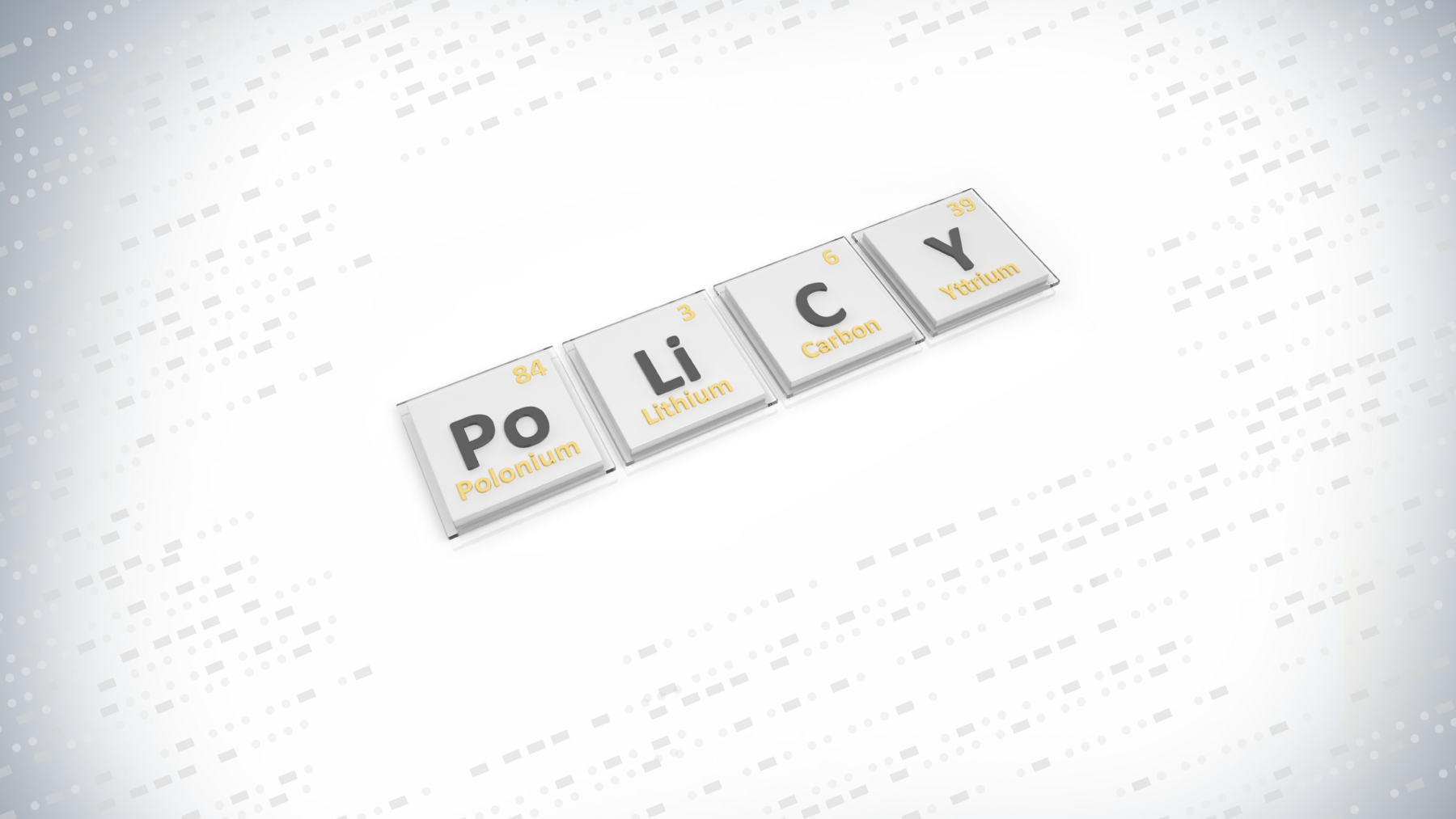
Shaping your future: How graduate students can make an impact in science policy
Science policy is a powerful avenue for graduate students looking to apply their expertise beyond the lab. It bridges research and decision-making, shaping policies that affect society. During a Preparing Future Faculty and Scholars (PFx) Lunch and Learn webinar, graduate students had the opportunity to explore careers in science policy with experts Lisa Margonelli, editor-in-chief of Issues in Science and Technology, and Kimberly Quach, digital engagement editor of the same publication. The event was hosted by ASU’s Professional Development and Engagement team and provided valuable insights into career pathways, advocacy strategies and policy entrepreneurship.
Why science policy matters for graduate students
Science policy plays a critical role in shaping research funding, public health initiatives, climate action and technology governance. As graduate students, your specialized knowledge can inform policies that drive meaningful change. Whether considering a career in government, industry, academia or advocacy, understanding science policy can expand your career options and increase your impact.
Pathways into science policy careers
The event highlighted multiple entry points for graduate students interested in science policy.
Formal pathways
Graduate students can leverage structured programs to gain direct policy experience:
Science policy degrees: A growing number of universities offer specialized programs in science policy.
Fellowships: Programs like the AAAS Science and Technology Policy Fellowships or the Presidential Management Fellowship place scientists in government roles that contribute to real-world policy decisions.
Think tanks and research institutes: Organizations like the Brookings Institution and the National Academies provide opportunities to analyze and influence policy.
Policy entrepreneurship: Making an impact in any field
For students who prefer a more flexible approach, policy entrepreneurship allows for engagement while staying in academia, industry or advocacy. Graduate students can start building influence by:
- Writing op-eds to shape public and policymaker perspectives.
- Networking with policymakers and advocacy groups.
- Launching pilot projects that demonstrate potential policy solutions.
How graduate students can get involved now
If you're curious about science policy, the panelists suggested several ways to start building experience:
- Science policy podcasts and readings: Stay informed on trends shaping the field.
- Join professional organizations: Groups like the National Science Policy Network and Engineers and Scientists Acting Locally offer mentorship and networking.
- Take advantage of free resources: ASU students can access free AAAS memberships for insights into science policy developments.
Gain hands-on experience
- Apply for fellowships and internships: Government agencies, nonprofits and policy organizations offer hands-on policy experience.
- Engage in local advocacy: Get involved in community-driven science initiatives, from environmental policy efforts to public health campaigns.
Strengthen communication skills
- Write for policy impact: Publishing in science policy journals or mainstream media can help translate research into actionable policy.
- Engage with policymakers and the public: Organizing events, participating in public forums or joining advisory committees can increase your influence.
The future of science policy and your role in it
As emerging leaders in research, graduate students can shape policies that will define the future. Whether you pursue a career in science policy full-time or integrate it into your academic and professional journey, your expertise is needed. With evolving challenges in AI ethics, climate resilience and healthcare policy, the demand for scientifically informed decision-making has never been greater.
How will you use your graduate education to influence the future of science policy? For additional resources shared during the event, visit this document.
Upcoming Preparing Future Faculty and Scholars (PFx) Lunch and Learn webinars
Register for upcoming PFx Lunch and Learn webinars, which help graduate students and postdocs explore careers in and outside of academia and build career readiness confidence. Attendance is free, but registration is required to obtain the Zoom link for each session.
More stories from the Graduate Insider

Graduate education is an adventure
About eighteen months ago, I set out on a journey walking the islands of the Dodecanese during a sailing trip in Türkiye and Greece with several friends. Along the way, I found winding paths, timeless villages and breathtaking views of sea and sky. That experience got me thinking about how adventure shows up in other parts of life, especially in learning.

Finding your flow: Managing the graduate writing process
Graduate writing can feel like a marathon—long, demanding, and full of unexpected detours. But as Tristan Rebe, Program Manager for the Graduate Writing Center, reminded students in the Grad15: Managing the Writing Process webinar, writing is not about perfection—it’s about progress. “The best dissertation is a done dissertation,” Rebe said, quoting Robert Frost: the best way out is through.
